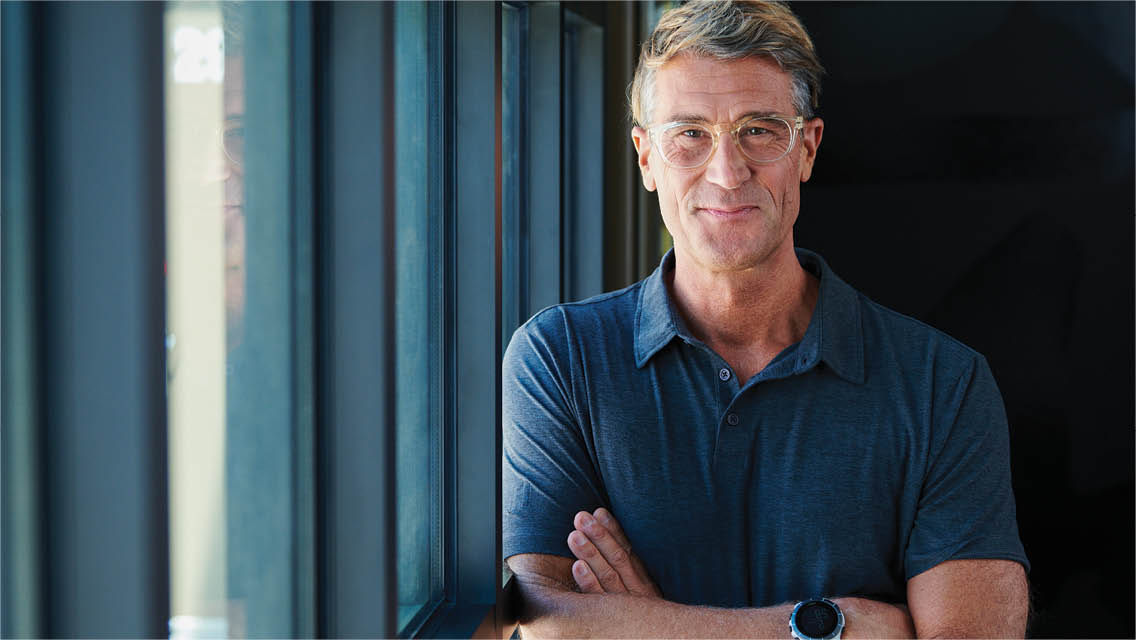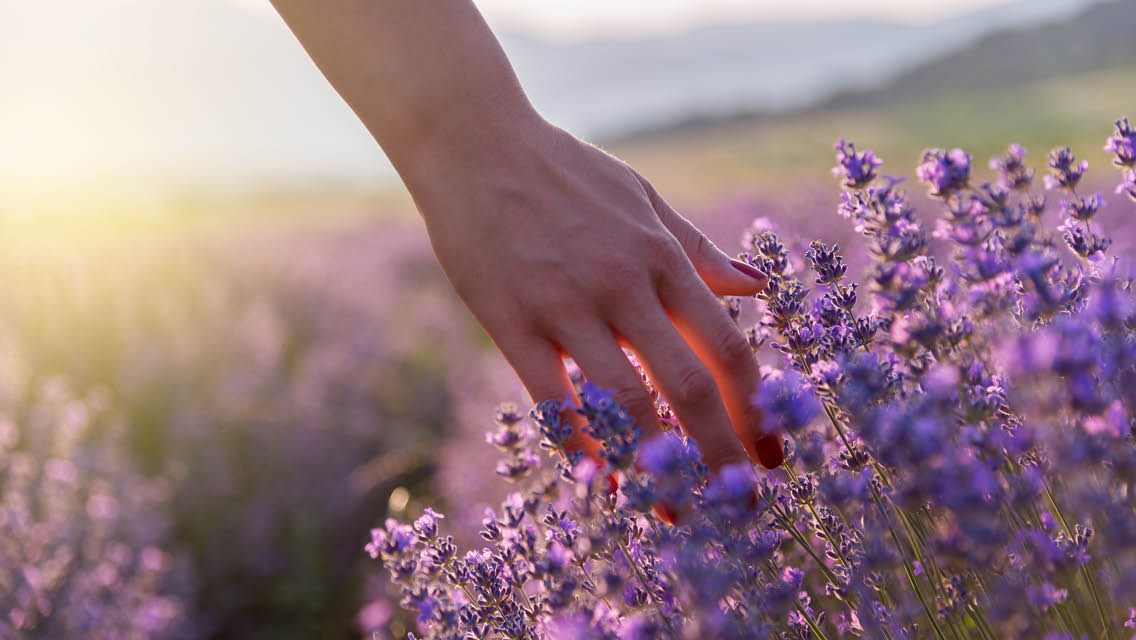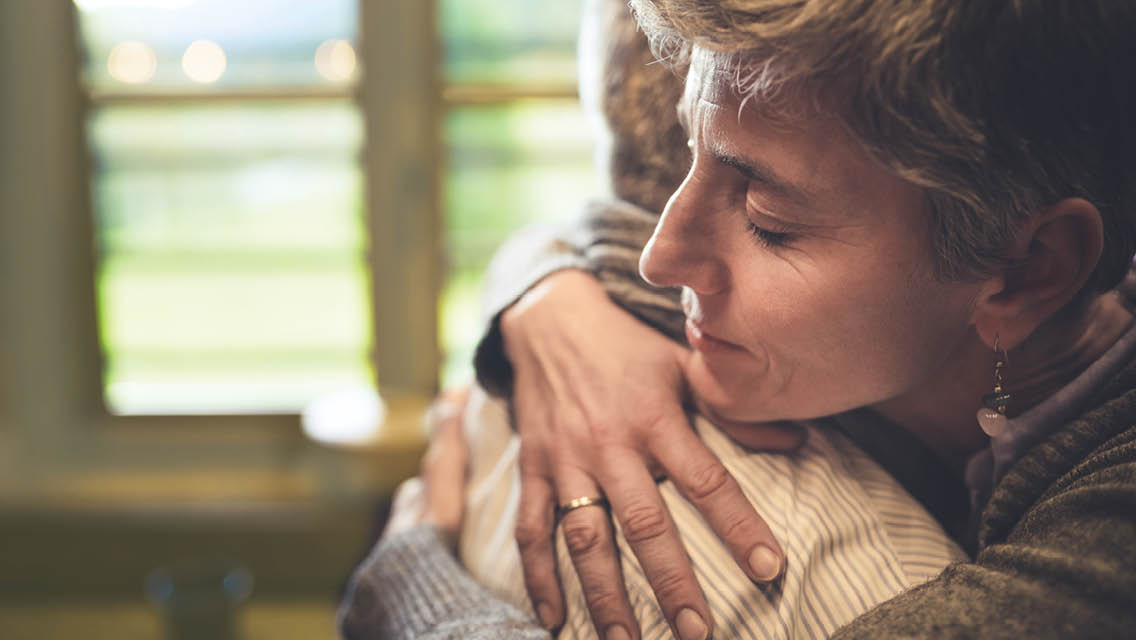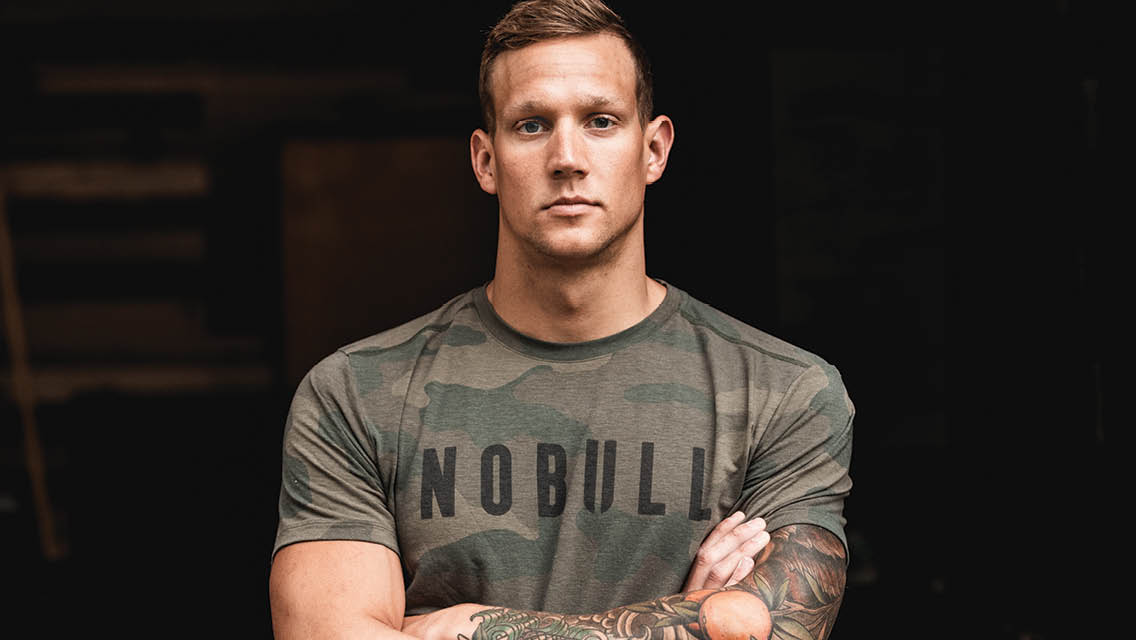Rich Roll pushes boundaries, often to the extreme.
He catapulted to the top of the world of ultra-endurance athletes in 2009 when he finished ahead of all Americans competing in the grueling Ultraman World Championships — at age 43. He then went on to complete other endurance events and is widely recognized for his athleticism and fitness.
But it was the highs and lows of his personal journey that captured the attention of people outside the circle of extreme sports: He almost lost his life to drug and alcohol addiction before getting sober at 31. He shed 50 pounds in his early 40s by adopting a vegan diet while training religiously for ultra-triathlons. And he abandoned a legal career and financial security to reinvent himself as an author, speaker, and podcast host.
Since publishing his bestselling memoir, Finding Ultra, in 2012, Roll has produced nearly 700 episodes of his eponymous podcast. He has conversed with a wide range of luminaries in the areas of health, nutrition, and athletic performance, exploring how to live a life of vitality and purpose.
“You have to be willing to transcend your story based on your courage to try and fail and learn.”
Scrolling through the archives of The Rich Roll Podcast, one can trace the arc of his curiosity. “I can’t do what I do and be engaged with it unless it’s of genuine interest to me personally,” he acknowledges. And what interests him is transformation and escaping the limitations imposed on us by ourselves and others.
“Reinvention isn’t just a privilege; it is the work that we are here to do,” he says. “You have to be willing to transcend your story based on your courage to try and fail and learn. The way for me to do that is to have people on the podcast who challenge my worldviews and push me into uncomfortable terrain, so that I can evolve along with my audience.”
Q&A With Rich Roll
Experience Life | How has your podcast evolved over the past decade?
Rich Roll | My intent from the beginning was to continue the conversation Finding Ultra started, but also to expand my own growth — to learn from the best people I could find in other areas of life. So, although the podcast has always had a nutrition-and-athletics bent, I have slowly widened the aperture.
After the murder of George Floyd and all the political turmoil that came from that, plus the pandemic, it felt strange to be publishing episodes about the microbiome. Cities were burning. I felt compelled to use this platform to speak to some of these issues with the Roll On podcast series I do with journalist Adam Skolnick.
That was definitely a risk. People weren’t tuning in to my show to have hard discussions about race or politics, and I’ve gotten some pushback. But it doesn’t feel right to not tackle that type of challenging subject matter.
EL | Do you think a podcast can be part of the solution to our society’s problems?
RR | I believe conversation is required to navigate the complexities and problems we face as a culture. We have to grapple with real, vulnerable, nuanced conversation in all of its messiness.
And listen, I’m a privileged white male — does anyone need to hear from me on these topics? What is my role in facilitating these conversations? One of the things I’ve learned is to turn to people who are closer than I am to the issues I want to tackle.
For instance, I went to Minneapolis during the week leading up to the verdict in the trial for Floyd’s murder. I was able to talk with residents and civic leaders, including the mayor and members of the city council, who helped me better understand all the complexities so I could translate them for my audience to take to heart.
EL | Has your audience demographic shifted with your widening lens?
RR | For a long time I operated on the assumption that my audience was super into running and vegan nutrition, but over time I’ve learned that the audience is instead surprisingly diverse. I think that speaks to the breadth of subject matter.
I hear audience members say they didn’t think they would be interested in this person or that area, but they ended up being fascinated, or it opened a new door for them. And then there’s a cohort that says, “I didn’t care for that one at all.” That’s how I know I’m doing it right.
EL | You’ve said that pain is the greatest motivator and catalyst for change in your own life. How has your work affected your personal development?
RR | I would be dishonest if I told you I’m now able to grow pain-free. I’m still a highly flawed individual who is resistant to breaking free from my own behavior patterns. What I am willing to do is have people on the show who challenge me. Do I translate that wisdom into my own life? Sometimes yes, sometimes no, sometimes imperfectly.
EL | You started your health journey at 40 and are turning 56 this month. How has aging changed your outlook on life?
RR | Health for me is inextricably tied to longevity. My grandfather, who was also a champion swimmer, died of a heart attack at 54 — before I had a chance to meet him. I’m named after him, I look like him, and for a long time, I was afraid of meeting the fate he met.
We’re now seeing athletes performing at the highest level well into their 40s and beyond, which is super interesting to talk about. We’re also having breakthroughs in technology and healthcare around the extension of lifespan and health span, and I find that fascinating terrain for exploration.
But I’m even more interested in what we can do ourselves to be as vibrant as possible for as long as possible — whether through daily movement practices, what we put in our mouths, the communities we keep, or our relationship to faith or to the unknown.
EL | How have you grown as a host — and as a person?
RR | I’ve learned to trust my instincts and to follow my own muse, and that has been a pretty good compass for how I make decisions.
Also, I’m willing to be vulnerable, which is a skill I’ve learned in recovery, sitting through thousands of AA meetings and bearing witness to people mustering the courage to get up and admit their faults and tell their story. That’s given me permission to do the same in my private life and in my public life. I can create a cocoon where my guests meet me in a vulnerable place, and I’m able to draw from them something special that perhaps they wouldn’t have felt comfortable saying to a different kind of host.
EL | What makes you happiest now?
RR | When my kids are happy, that’s my greatest joy.
From a career perspective, I’m happiest when what I get to do for a living lines up with what I would do for free. As long as the podcast is rooted in my own genuine curiosity, it’s a joyous place.





This Post Has 0 Comments